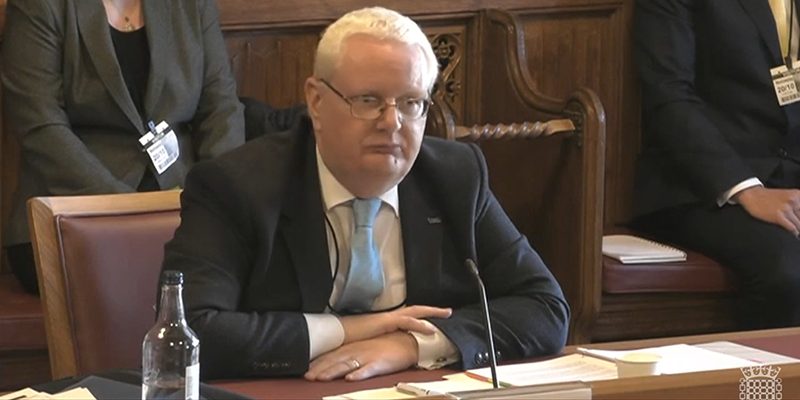Teva says medicines access at risk in Northern Ireland

The North Ireland Protocol has been a source of tension between the UK and EU since it came into force at the start of 2021 – and, according to one pharma company, the end of the so-called 'grace period' could result in major issues with medicines supply.
At a recent hearing in front of the House of Lords on the protocol, Teva UK called for urgent changes to the current iteration of the law, saying that the added regulatory burden that will accompany the end of the grace period will "add so much complexity and expense that it would no longer be economically viable for companies to sell some medicines in Northern Ireland."
Moreover, if the UK stops recognising quality release conducted in the EU, "there could be a cliff edge in medicines supply for the whole of the UK," according to the company's testimony.
The UK and EU continue to negotiate a way forward, but there are massive disagreements between the two parties on what form the deal will take after the grace period ends.
The protocol is a special trading arrangement that allows goods to be transported across the Irish land border without the need for checks, in the same way as they did when the UK was part of the EU customs union.
Instead of checking goods at the border, the protocol allows inspections and document checks to be conducted between Great Britain and Northern Ireland, at Northern Ireland's ports of entry.
It was also agreed that Northern Ireland would keep following EU rules on product standards, which is why the province is still largely under the jurisdiction of the EMA, while the MHRA regulates England, Scotland, and Wales.
The former deputy chair of the Northern Ireland Assembly's Health Committee – Democrat Unionist Party MLA, Pam Cameron – said today that the protocol "is placing future supply in jeopardy and causing deep uncertainty for patients and our health service."
She noted that the NHS Confederation has also warned that when the temporary EU legislation expires at the end of 2024 it will create "future uncertainty," while the Proprietary Association of Great Britain (PAGB) – which represents the over-the-counter drug sector – has also said it is concerned about the level of certification needed to supply food supplements to the province.
"The warning presented by Teva UK is stark," according to Cameron. "They say need for two product licences under the Centralised Procedure 'creates an administrative and cost burden that will make many medicines unviable to supply to NI'. This level of disruption is unacceptable and unjustifiable."
The DUP has refused to participate in the power-sharing government in Northern Ireland because it contends that the protocol creates an effective border in the Irish Sea that undermines the union of the UK.
“From the start, we have said that there needs to continue to be fair and equal access to both existing and new treatments for Northern Irish patients," said Paul Williams, Teva UK's senior director of corporate affairs at the House of Lords hearing (pictured above).
Williams told the panel that, whilst recent developments from both the EU and UK have been welcome, more work needs to be done to identify the best way forward to guarantee patients in Northern Ireland are not affected.
The UK is pushing to create red lanes and green lanes for goods imported from Great Britain into Northern Ireland - green for trusted traders transporting goods to Northern Ireland only that would be exempt from checks, and red for products going to the EU that would be subject to full customs controls.












